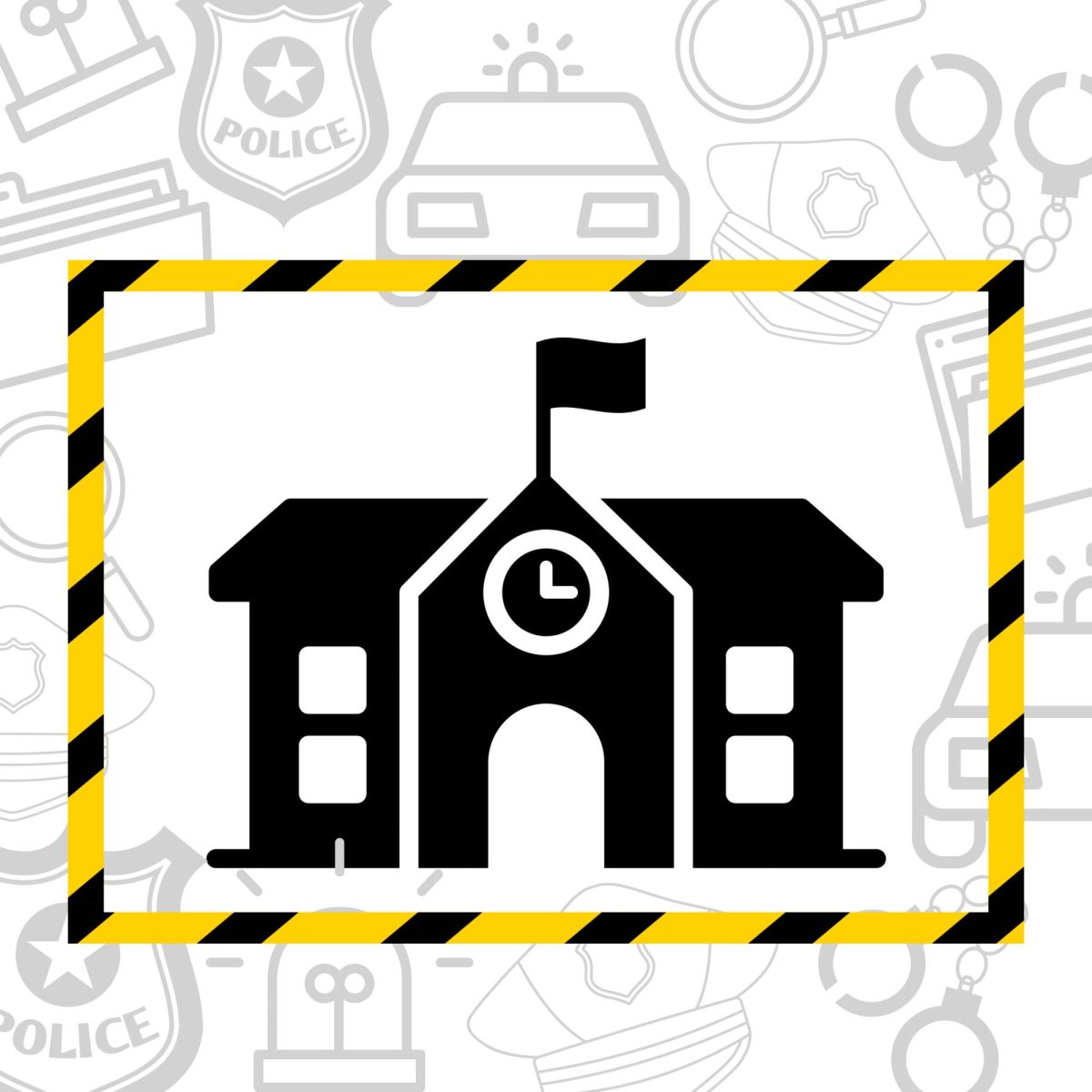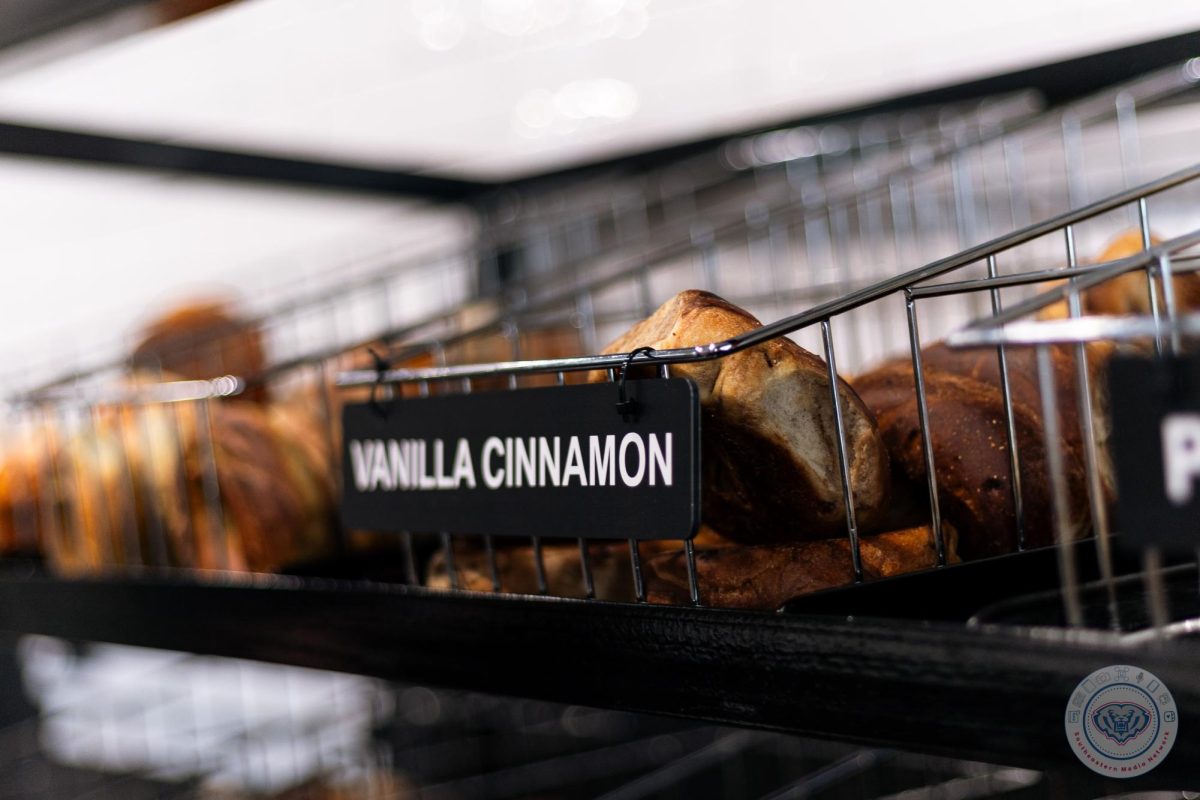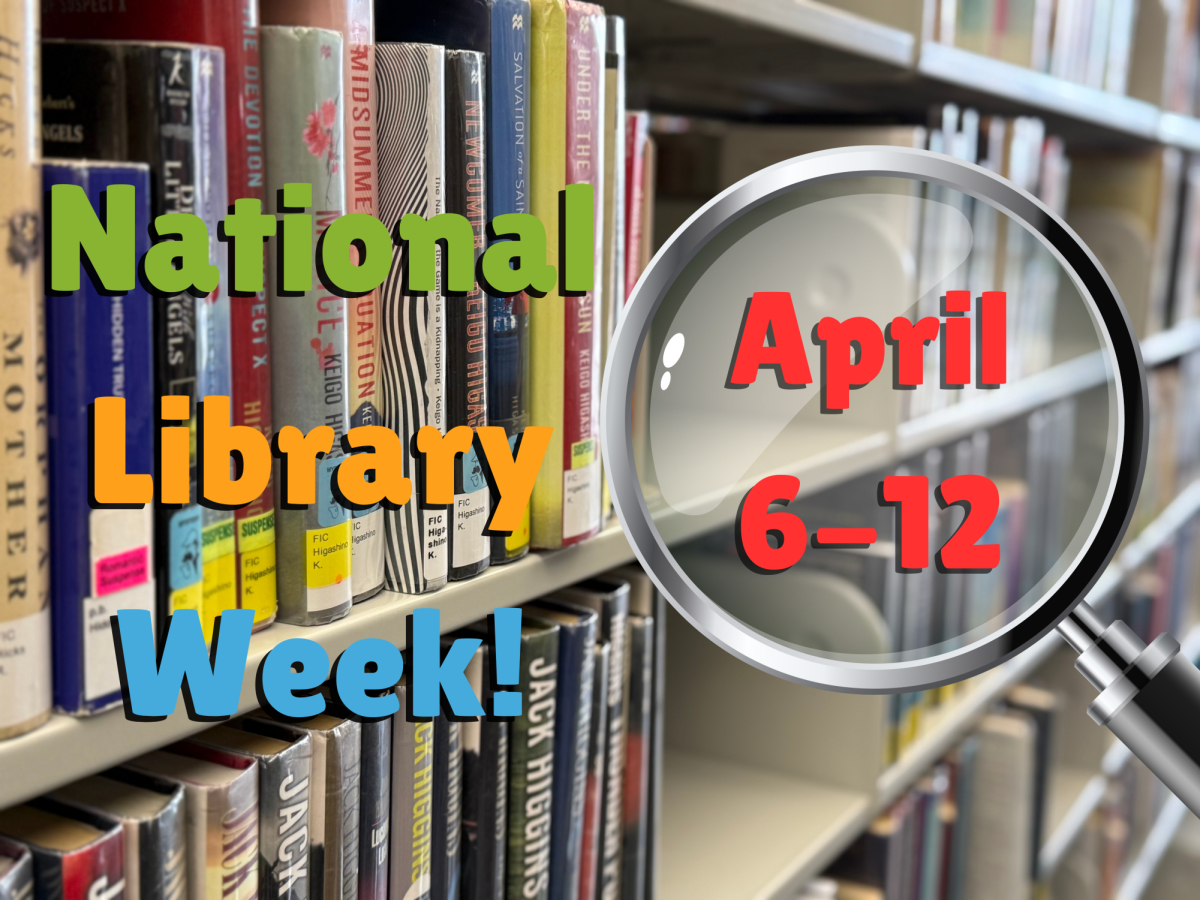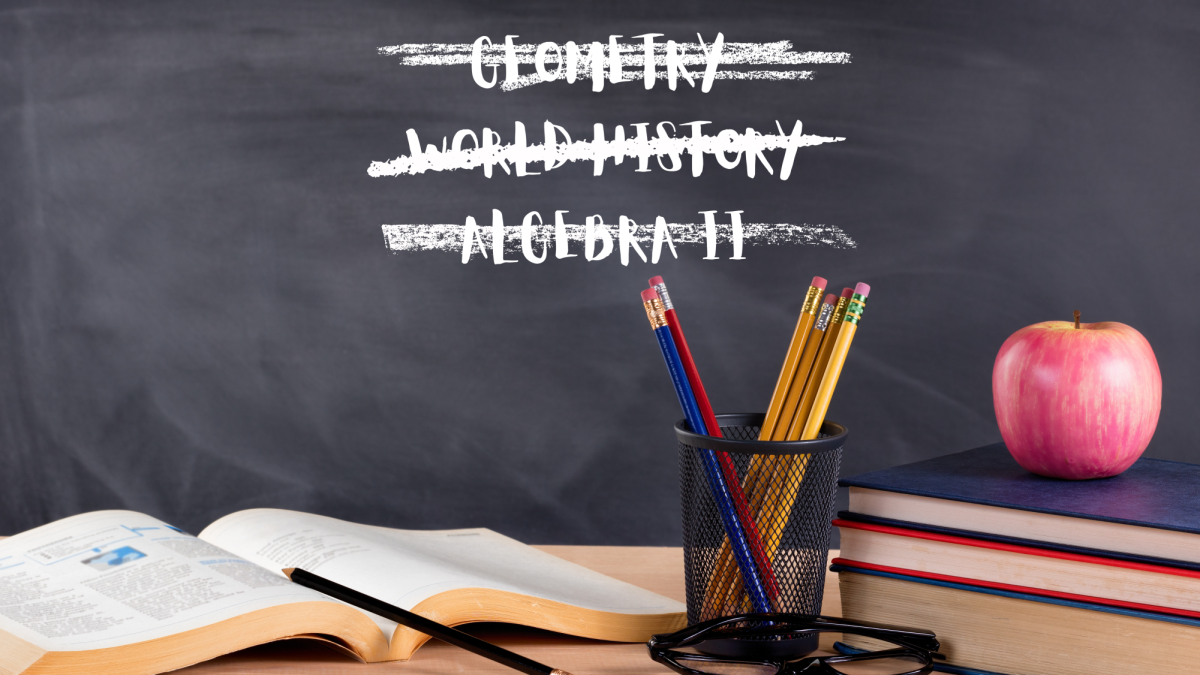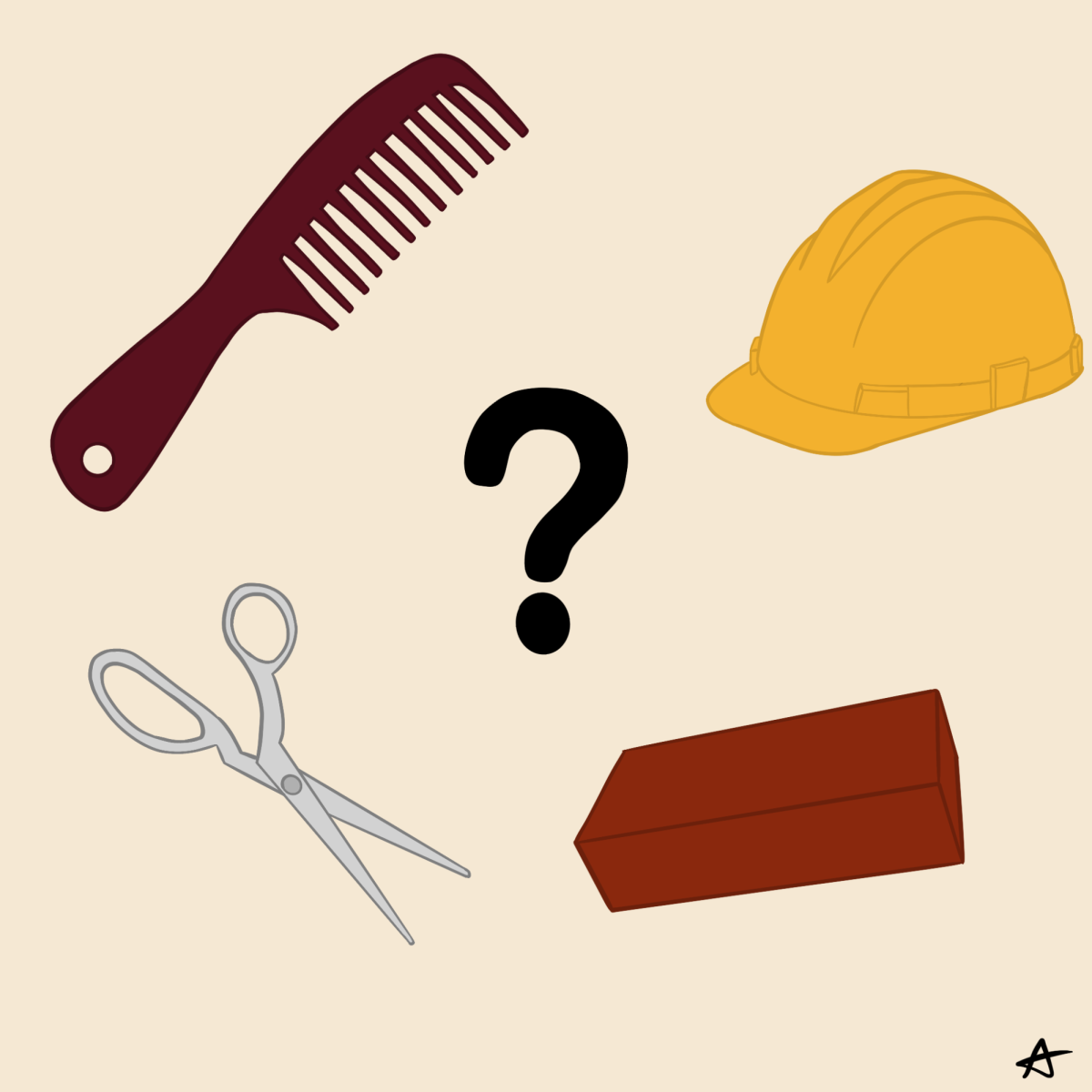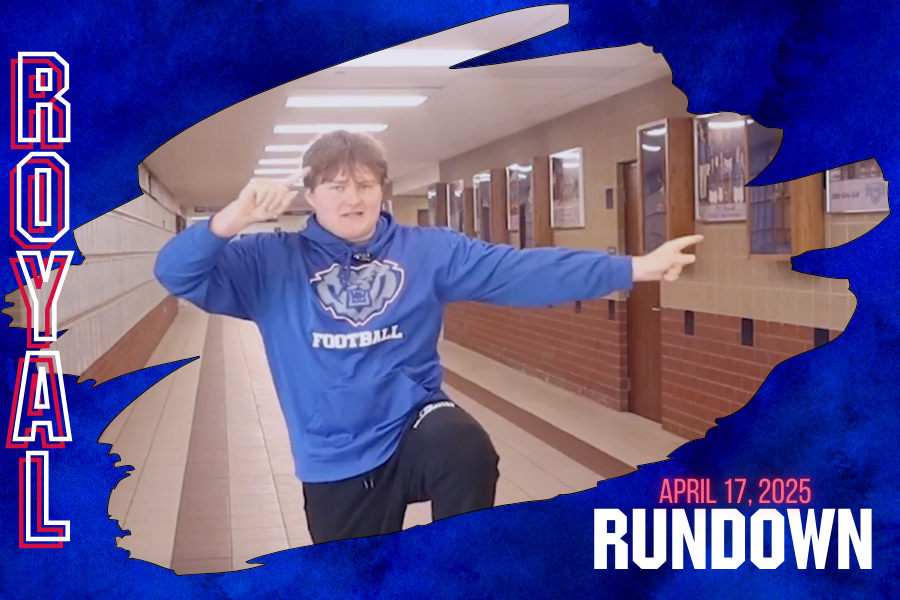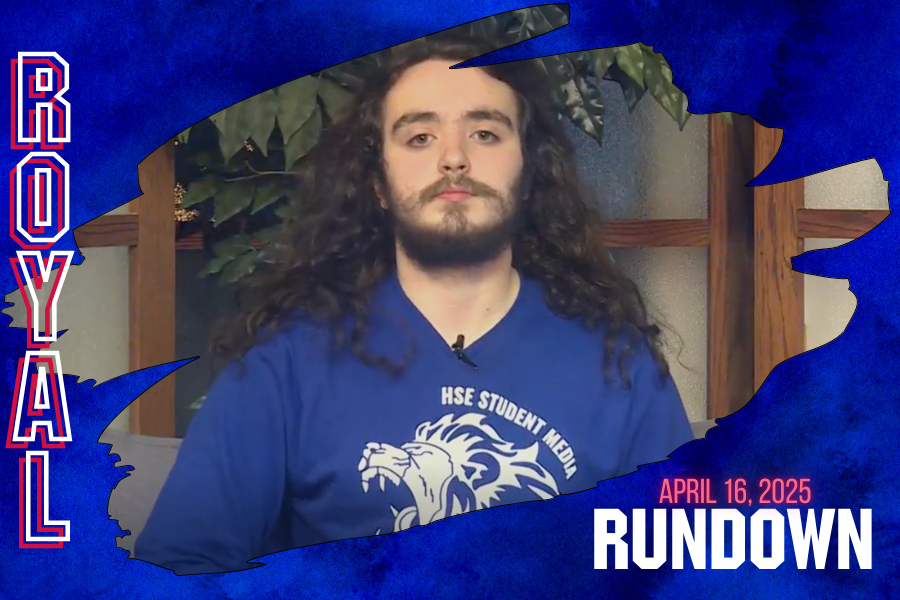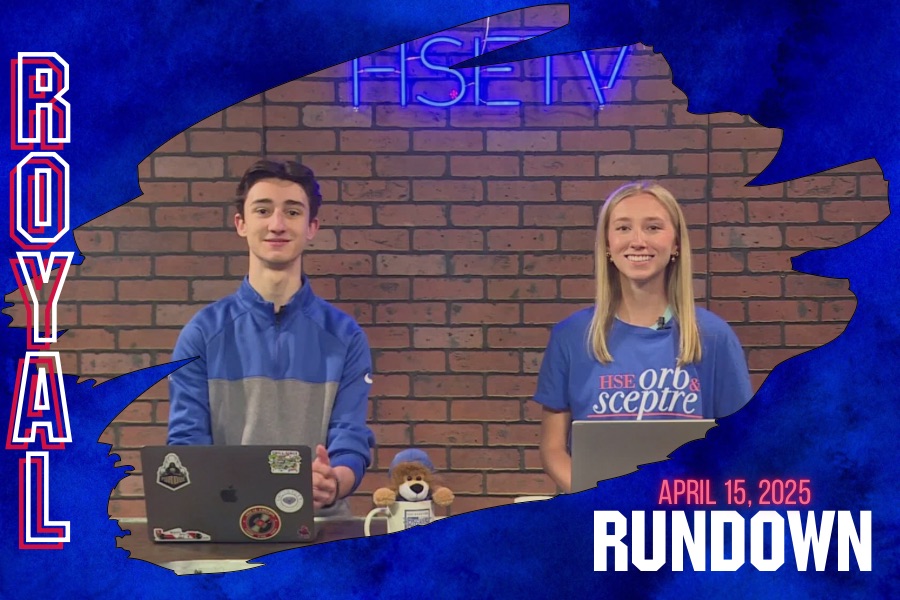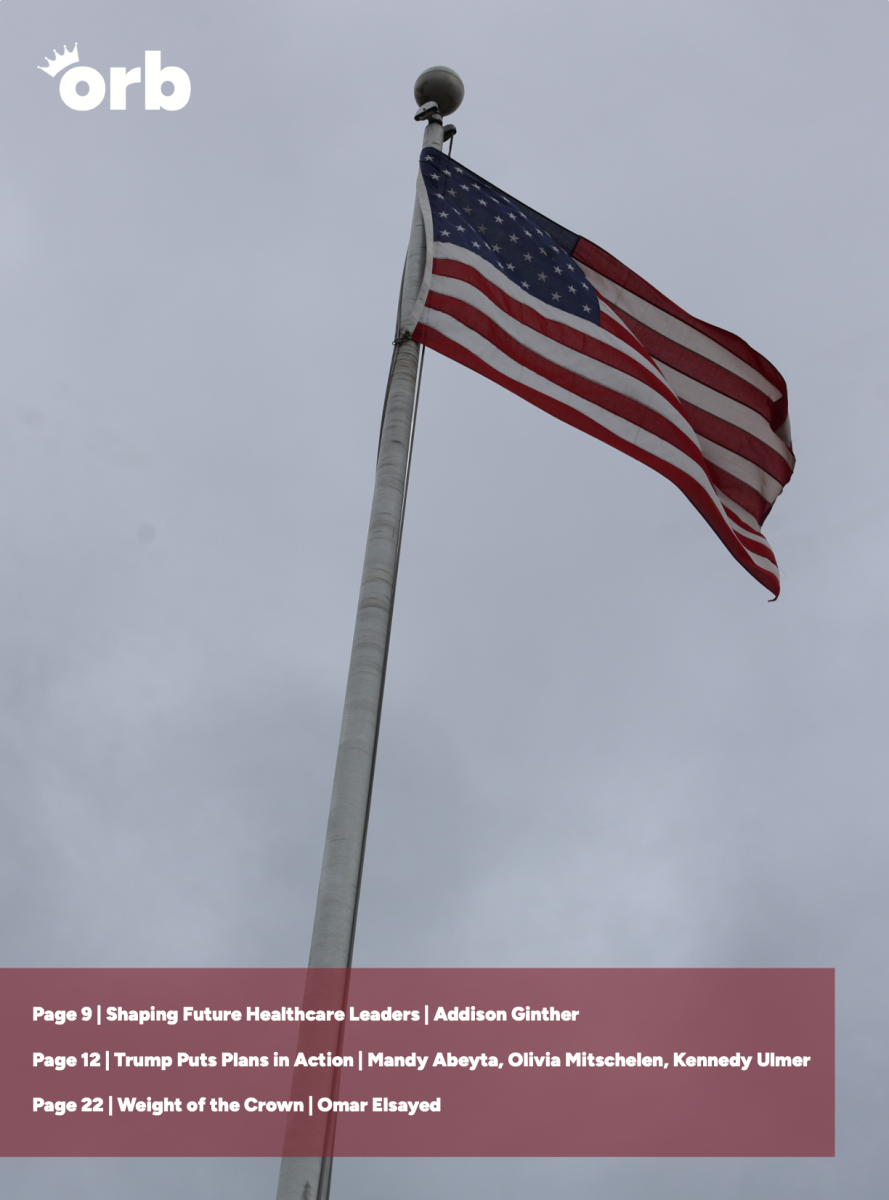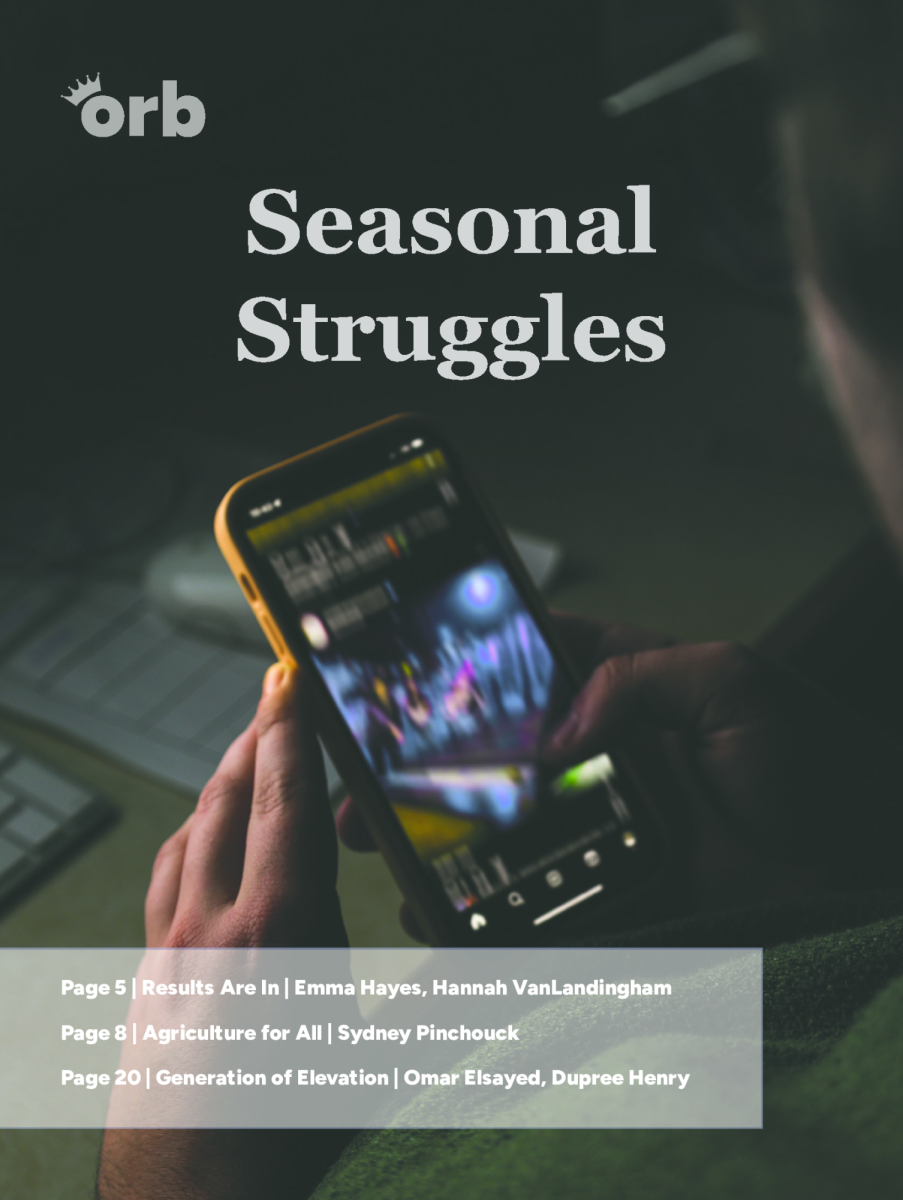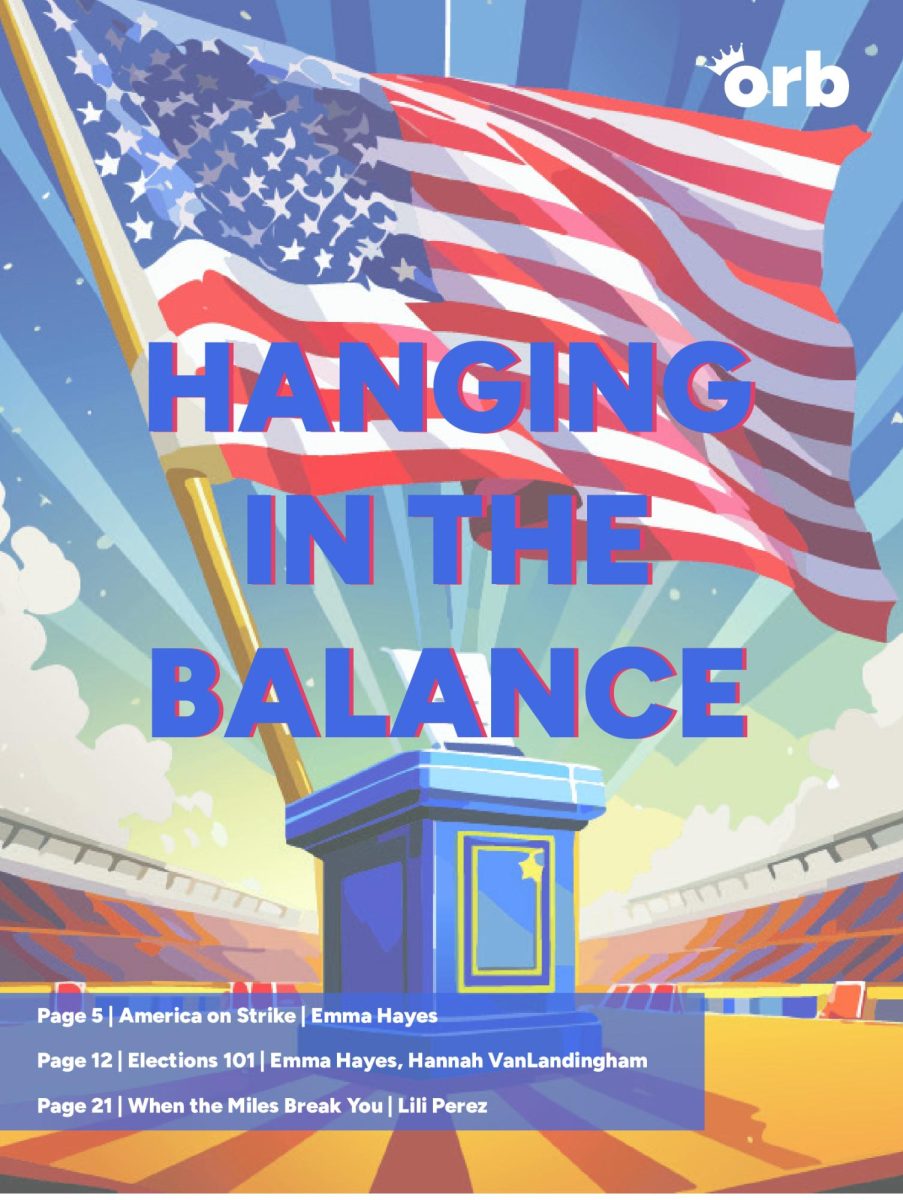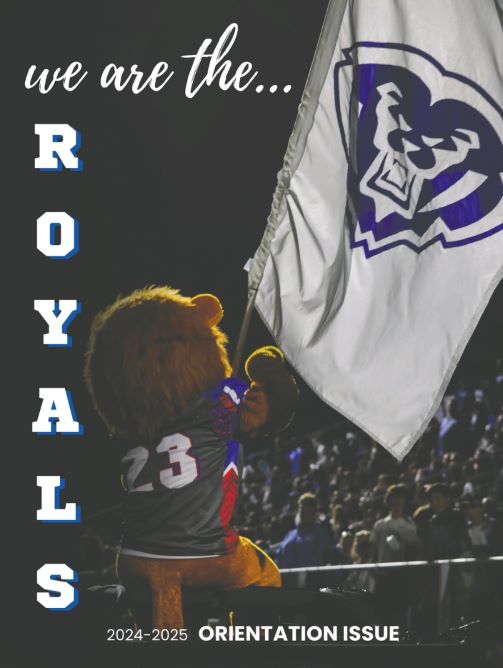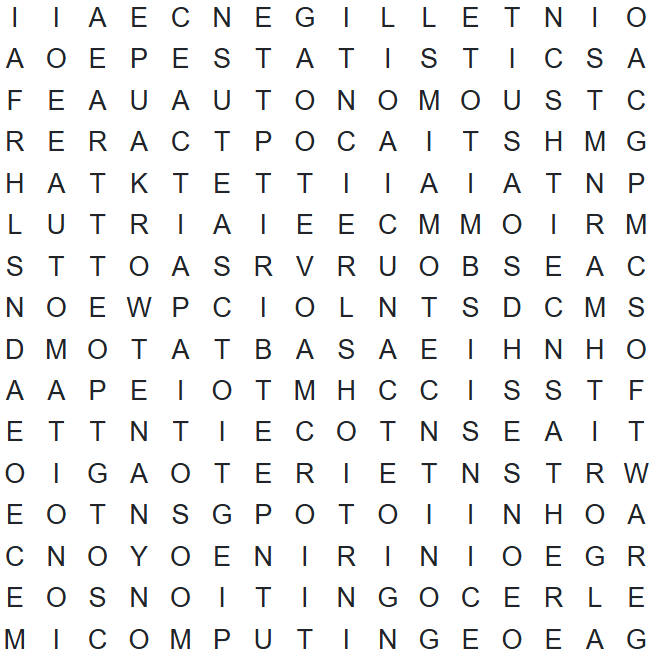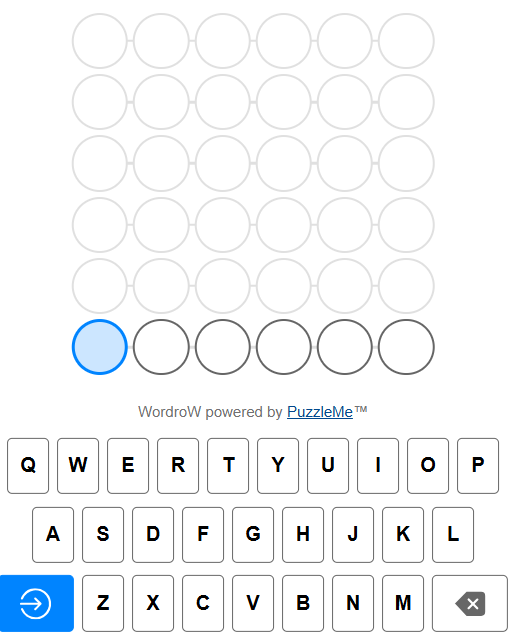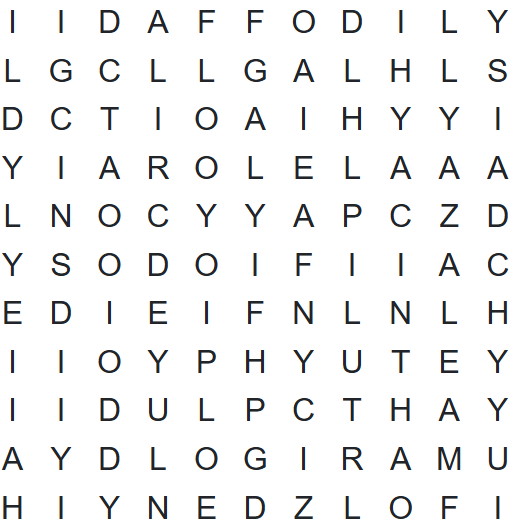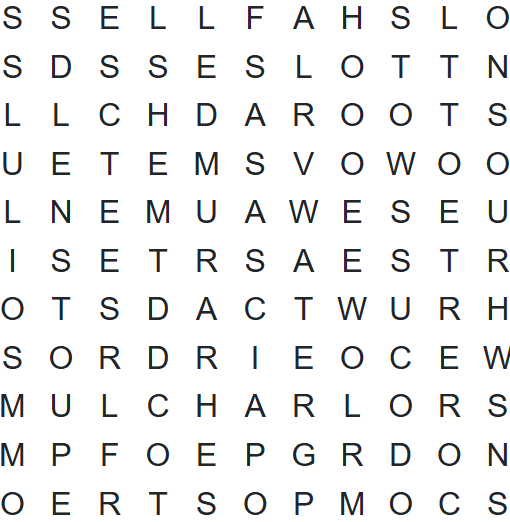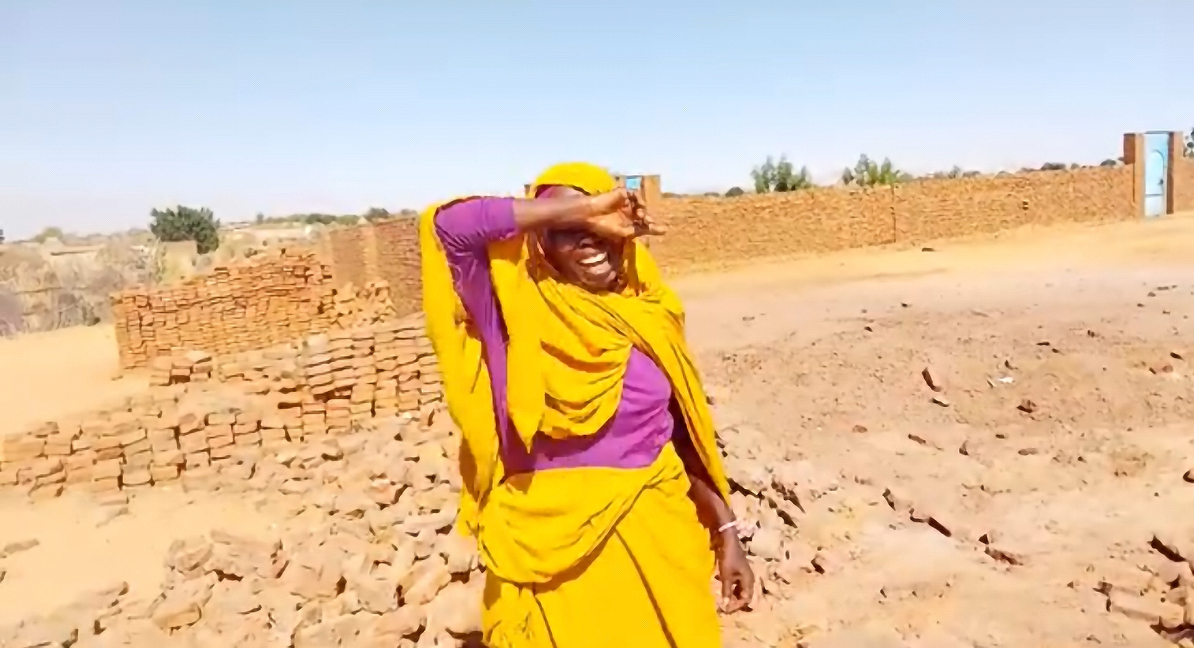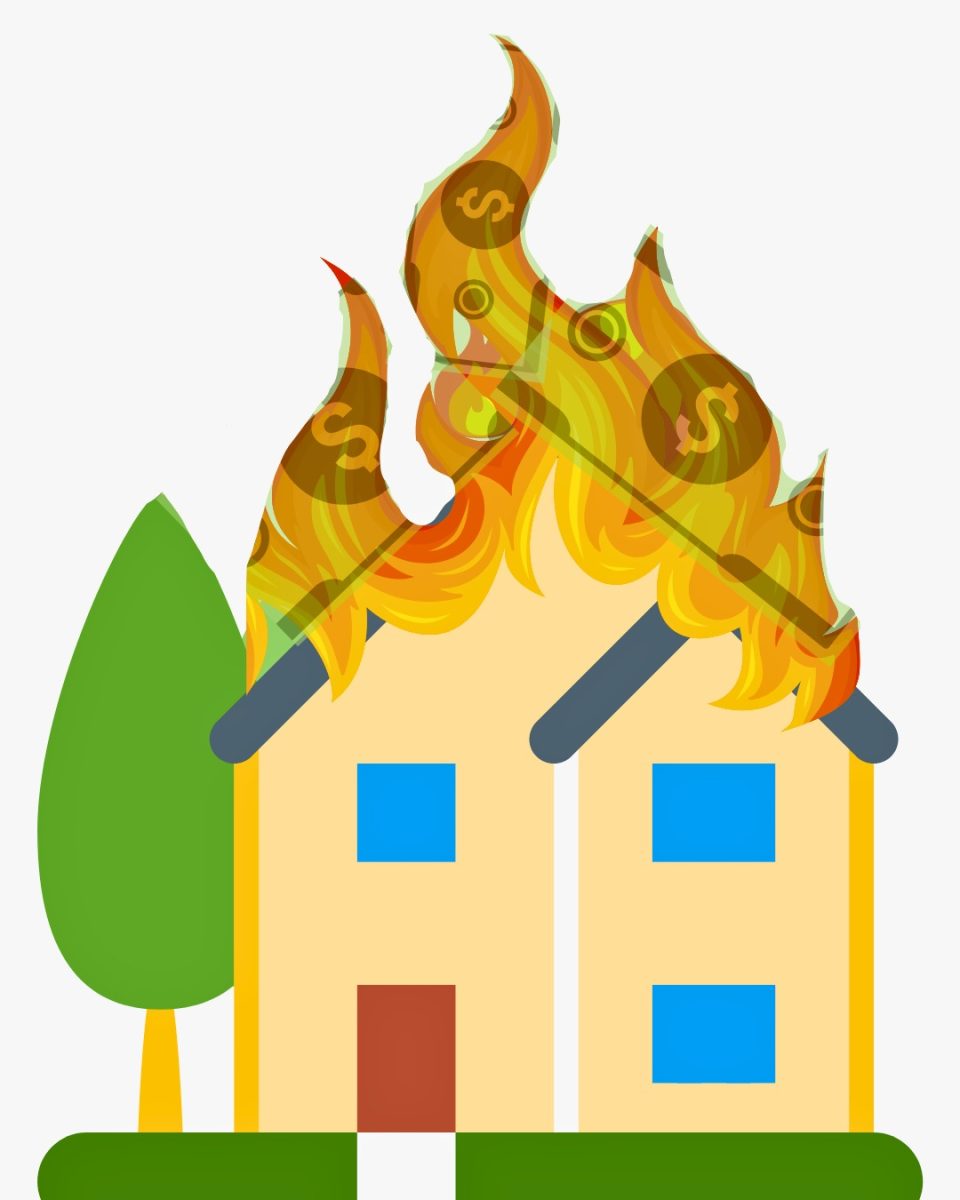The humanitarian crisis in Sudan remains in an alarming state of urgency. Recent reports on Sudan show accounts of rape and sexual Assault rising at frightening rates. Just less than a month ago claims of mass Suicide in Sudanese villages surfaced.
“The conflict in Sudan is a genocide. The Rapid Support Forces (RSF), comprised of a majority non-Sudanese people since the beginning of the conflict, are torturing, injuring, and killing innocent women, children, and civilians. The media is seeing the horrendous acts of the RSF, with the help of the United Arab Emirates, and chooses to ignore and protect these acts, which is unacceptable and inexcusable” Saied criticizes the absence of consideration for Sudan.
As the conflict painfully drags on, the efforts for Sudan’s liberty have not been retired, for Sudanese students in Fishers, the devastation in Sudan rings loud as the conflict, which has ravaged Sudan for over a year, is both personal and distant; a disaster they can’t control as it unfolds before them. Liena Abdulla, a Sudanese student from New Halfa and Wad Madani, shares how the conflict has affected her outlook on the world and even her own life. “I was 15 when I truly began to grasp what was happening,” Abdulla says. “Hearing stories of parents fleeing with their children, unsure if their homes would be standing the next day—it’s terrifying. I’ve never been more grateful for safety, but that gratitude is always tinged with guilt.”
Liena puts into words the reality of many Sudanese Americans, even with the Army’s recent resurgence and resounding victories, like the liberation of El Fasher, the celebrations are bittersweet.
Across all borders, from their places of refuge in Cairo to their homes in Fishers, Sudanis celebrate. “We have sweet news from El Fasher.” Abdullah Sultan, a Sudanese man whose been documenting the tragedies of Darfur, said in a video uploaded to his TikTok. But for students like Saied and Abdulla, the inability to take action or even endure the conflict with their families in Sudan has made the victory feel foreign. In the words of Voltaire “every man is guilty of the good he did not do,” this very well illustrates the sentiment Sudanese American students hold.
Liena Abdulla reflects on the toll the war has taken on their loved ones who remained. “I never understood why some of our older relatives refused to leave. They didn’t want to abandon their homes; the ones they spent years building. But now, those same homes are gone, and they’ve lost everything,” she says.
The Army of Sudan has been on a disconcerting offensive, Weeks ago Sudanis watched the army eagerly as they took back Khartoum. Now they watch as the Army takes back the capital of Darfur after months of having been under the unforgiving hands of the Rapid Support Forces. Amidst all this anticipation, Abdulla, and many other students- Sudanese or otherwise still feel left in the dark. She says “I don’t know much either. As sad as it is, I am seeing fewer and fewer people talk about Sudan, that I am not even sure what is happening there currently.” It makes you wonder- why is such a profound breakthrough in this conflict left unheard of- especially to the students who depend on this information most.
Nouran Saied, another Sudanese student shares a valid critique of the way the delicate state of Sudan has been handled. “The media doesn’t tell the full story,” Saied says. “They talk about bombings and political turmoil, but they ignore the families, the people who are living this nightmare every day. Sudan deserves more attention.”
Both Saied and Abdalla talk about how the media lacks in their representation of Sudan.
Abdulla says “My biggest critique is for them to cover the entirety of the story of Sudan, not just the fact that the government is falling and the bombing that is destroying the country. I want the media to show people the stories of the families in Sudan, not the ones that have been living outside of Sudan for years. Naturally, Palestine is getting more attention than most other places, which it deserves, as the situation there is horrifying. Nonetheless, Sudan and all other Middle Eastern countries should have some kind of coverage on their situation as well.”
Liena wishes for the plight of Sudanis to be heard in all their forms, both Saied and Abdulla wish for the Un sanitized and Anecdotal version of Sudanese stories.
“I wish the student body knew that depth and severity of the conflict in Sudan. Sudan is the biggest hunger crisis in the world, millions of Sudanese people are being kicked out of their homes, over 150,000 people were killed, and over 19 million children are not in school. I hope people do not forget about Sudan and keep Sudan in their thoughts and prayers.” Nouran says.
The horizon shows a new dawn of Sudan; a bright future. Al-Fasher has been reclaimed by the SAF, but the fight for Sudan’s freedom is far from over.
For Sudanis globally, the hope for freedom remains strong. “Inshallah, Sudan will be free one day,” Saied prays. “But for now, all we can do is share these stories, keep Sudan in people’s minds, and pray for a brighter future.”



